What is an Asset Purchase? When to opt for it.
When looking to invest or grow a business, a common investment strategy is the purchase of another business’s shares or assets. Another option is statutory amalgamations which will be discussed in another blog post.
Share Purchase Transactions
Share Purchase Transactions, on the one hand, represent approximately 65% of private equity acquisitions in Canada. A “Share Purchase Transaction” is when a buyer buys some or all of a company’s shares. In a partial share sale (less than 100% of the shares), the buyer will become a shareholder alongside the other shareholders of the company. From a legal conveyancing perspective, the simple delivery of share certificates is what is required to complete the transaction, although third-party consents may need to be additionally obtained. The issue with Share Purchase Transactions is that buyers not only inherit all assets but also all liabilities (subject to negotiated carve-outs and indemnities), which requires thorough due diligence on the lawyer’s part. A purchaser may prefer to purchase shares if he or she is interested in acquiring the corporation’s losses and intends to continue operating the acquired business.
Asset Purchase Transactions
An Asset Purchase, on the other hand, allows buyers to not only selectively pick and choose the assets to buy but also the liabilities to be assumed, unlike a Share Purchase Transaction. The buyer can therefore leave accounts receivable, unwanted inventory, etc. with the seller. It is the only way to acquire a line of business that is maintained with other lines of business in a single corporate structure. A purchaser of assets also knows exactly what he or she is buying and is not exposed to the risk of assuming any hidden and contingent liabilities.
However, certain liabilities such as environmental contamination associated with real property, or a collective agreement relating to unionized employees of the business, for example, will flow by default under the Law to the buyer in an Asset Purchase.
Benefits of an Asset Purchase
- If the business is carried on by a corporation, the purchaser is not encumbered with minority shareholdings from the acquired business. The minority shareholders are, however, entitled to dissent if the corporation sells all of its assets. If they do, they are entitled to be bought out at the fair value of their shares.
- The purchaser acquires only the liabilities stipulated in the agreement of purchase and sale and, subject to “bulk sales” legislation, is not generally liable for the vendor’s undisclosed liabilities.
- The purchaser can negotiate the allocation of the purchase price among the assets acquired.
Legal Implications: What a lawyer does for you in an Asset Purchase
- An asset acquisition is a complex transaction, because it involves the transfer of individual assets, registration of title transfers and assignment of leases, contracts and franchises. It can also involve other taxes (e.g., land transfer taxes) on the transfer of certain assets. A lawyer takes care of every step.
- The seller may need consent to transfer non-assignable contracts such as leases, licence agreements and franchises. Obtaining the consent of third parties may be difficult and expensive. A business lawyer, such as Rana Charif, drafts and seeks those consents for you.
- The seller’s long-term debt obligations may contain covenants that restrict the sale of assets that have been pledged as security to creditors. A business lawyer, such as Rana Charif, verify the existence of any such covenants.
Legal due diligence by the purchaser’s lawyer is crucial when it comes to verifying that the assets and liabilities of a targeted company are represented correctly to the purchaser.
Legal due diligence performed by a small business lawyer includes the review of specified contracts, corporate documents and searches of the public records relating to the target and its property and assets. The thoroughness of the due diligence depends on the buyer’s requirement, the size and complexity of the transaction, the nature of the business and applicable relevant laws, the significance of the transaction for the buyer, the degree of indemnification available from the seller, the buyer’s knowledge, expertise and, the resources and time available.
The most important documents to draft when purchasing assets or shares are: a confidentiality agreement, letter of intent (often referred to as a memorandum of understanding, heads of agreement or term sheet) and a definitive purchase and sale agreement with disclosure letter and schedules. Depending on the transaction, ancillary documentation may include a non-competition and non-solicitation agreement, an escrow agreement, executive employment agreements, transition services agreements, etc.
The confidentiality agreement ensures that all confidential information provided to the buyer, whether written or oral and whether labelled as “confidential” or “proprietary”, is held in confidence and not used for any purpose other than the transaction in question. It could also deal with deal with the non-solicitation of employees and customers for a stipulated period of time, among other issues. It is also common to insert provisions dealing with the “staging” of the release of competitively-sensitive information, as well as “non-solicitation of customer” provisions (if the transaction is not completed).
A letter of intent or term sheet (LOI) can memorialize the basic terms of the deal and form the basis on which some regulatory and other third-party consents are sought and obtained. It is important to ensure that the LOI is crystal clear on the provisions that are binding and those that are not.


